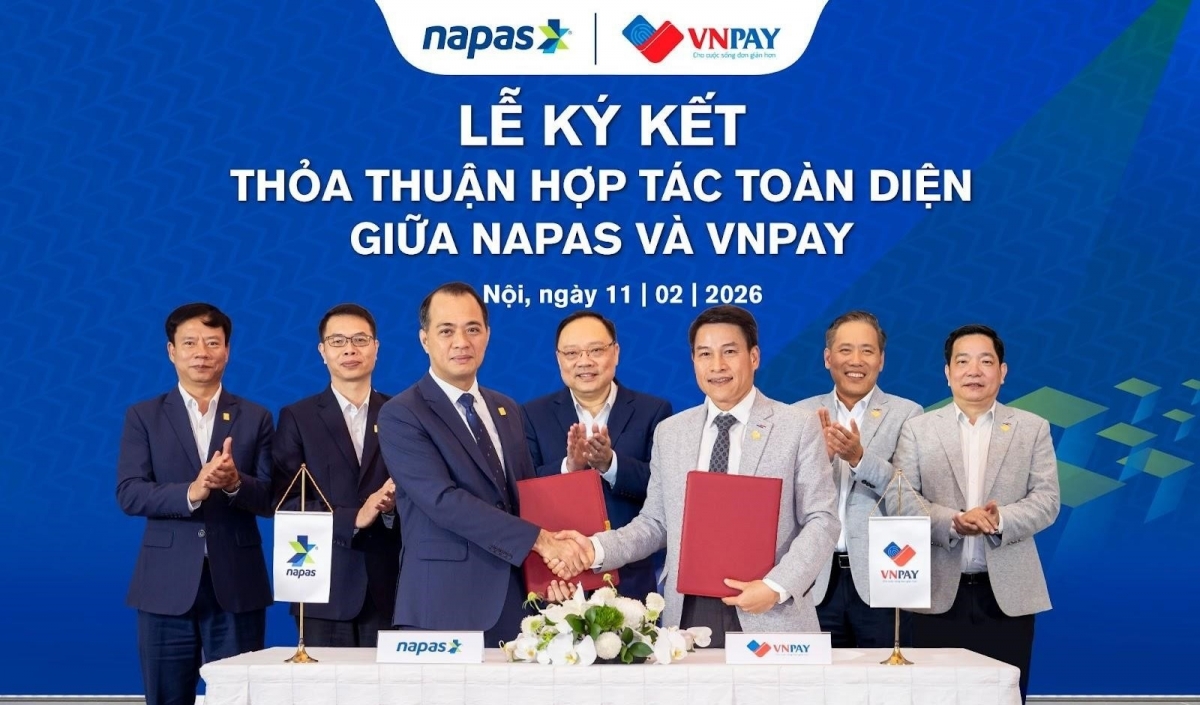INTERNATIONAL INVESTMENT
AND PORTAL
Why is the Vietnamese market and its startups attractive to South Korean venture capital funds (VCs)?
 Eddy Hong, founder and CEO of Nextrans
Eddy Hong, founder and CEO of Nextrans
Firstly, venture capital inherently seeks innovative founders in high-growth markets. Vietnam is undeniably one of them – not only is its economy growing rapidly, but it is also a rare country in which both software and manufacturing tech are advancing in parallel.
Over the past two decades, Vietnam has developed strong capabilities in software outsourcing and has since transitioned into a broader digital transformation. It is now entering the early stages of developing deep tech industries such as AI, robotics, drones, and semiconductors. The emergence of these future-facing industries is what makes Vietnam so attractive to forward-looking investors.
Secondly, Vietnam hosts the largest South Korean expatriate community in Southeast Asia and ranks fifth globally. The bilateral trade volume between South Korea and Vietnam has reached $86.7 billion, making Vietnam South Korea’s third-largest trading partner after China and the US. This underscores the country’s strategic importance to South Korea.
Thirdly, Vietnam serves as a gateway to Southeast Asia and a potential research and development hub. While South Korean companies have ambitions to expand into the region, execution remains difficult. That’s why many South Korean VCs see their Vietnamese portfolio companies as potential regional platforms or even acquisition targets for South Korean enterprises looking to scale in Southeast Asia.
Funding from South Korean VCs into Vietnamese startups is slowing down. How do you see the recovery in the funding of South Korea VCs into Vietnamese startups?
South Korean VCs began actively investing in Vietnam around 2017, with activity peaking in 2019. After the pandemic lockdowns, cross-border investing became much more difficult. Many of the companies South Korean VCs had backed faced significant challenges.
In 2021, with interest rates falling and liquidity surging, startup valuations skyrocketed. South Korean VCs resumed investing across Southeast Asia – but in many cases, they invested at inflated valuations, leading to substantial losses when the correction came. This has led to the current cautious sentiment.
That said, recovery is possible. If sectors unique to Vietnam begin to clearly demonstrate their strengths – and if exit pathways become more visible, whether via merger and acquisition deals, secondary transactions, or a reopened initial public offering market – South Korean VCs will likely return. The ongoing US-China trade tensions are creating new strategic space for Vietnam. While uncertainty persists, it presents an opportunity for Vietnam to assert itself as a neutral, agile manufacturing and technology hub.
We believe 2025 will be a key inflection point. In 2024, much of the global capital flowed into the US in response to the AI boom. Governments around the world have also committed large budgets to develop sovereign AI infrastructure. As a result, we’ve seen more deep tech companies expand into Japan, the Middle East, and Europe.
If the government can craft smart, innovation-driven policies that attract global talent and capital, Vietnam has a real opportunity to become a preferred destination once again – for South Korean VCs and others.
What is Nextrans’ plan to increase investments in Vietnamese startups and expand operations in Vietnam?
We are planning to increase our investments in Vietnam. Over the past 10 years, we’ve reviewed over 7,000 Vietnamese startups and built a portfolio of 40 companies. Our goal is to grow this to over 100 companies in the coming years.
However, our investment focus is evolving. When we first entered Vietnam, it was the early phase of the mobile revolution, and digital infrastructure was just beginning to take shape. At that time, we found investment opportunities across nearly every sector because digitalisation was so limited.
This allowed us to invest in category leaders, including Base.vn, TopCV, bTaskee, BuyMed, Ecomobi, Citics, iCare, Selex Motors, Vuihoc, and Finfan.
Now, we’re preparing to expand into newer frontiers – AI, semiconductors, robotics, and healthcare – where Vietnam has a chance to create entirely new value. We’re engaging with top engineering universities and government-led innovation programmes, and we’re particularly interested in industries that sit at the intersection of software and hardware, where Vietnam has unique advantages.



















